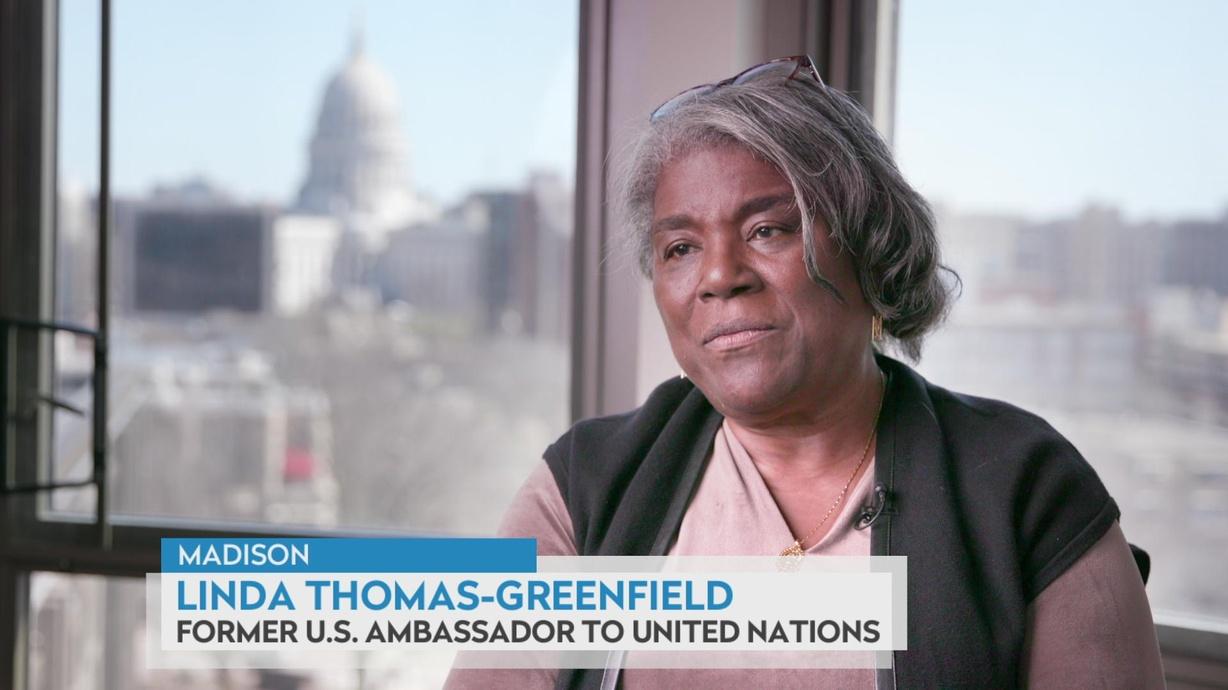- BlackVoter.Org
- Posts
- BlackVoter.Org
BlackVoter.Org


Jacksonville Councilman Terrance Freeman is advocating for the city to join Florida's state DOGE (Delivering Opportunities for Government Efficiency) initiative pushed by Governor Ron DeSantis. Freeman believes this collaboration will enhance financial accountability and efficiency in local government spending, allowing an external team to scrutinize Jacksonville's finances alongside ongoing local efforts.
He argues this partnership will provide valuable insights to eliminate waste and save taxpayers money. However, Mayor Donna Deegan’s office questions the need for Freeman's proposal, pointing out that an independent audit process is already in place.
If Jacksonville participates, it would align with other counties such as Bay and Hillsborough, boosting the momentum of the state's financial efficiency drive. As Freeman may be eyeing a run for the Florida House, his push for DOGE involvement reflects his commitment to fiscal responsibility and transparency in government operations.

Gif by cnichole on Giphy

In a compelling discussion, Ross Douthat interviews Steve Bannon, exploring the clash between traditional Trumpism and the emerging 'tech right' represented by figures like Elon Musk. Bannon, the architect of populist nationalism in the Trump era, critiques the so-called "Broligarchs," branding them progressive leftists masquerading as right-leaners since Trump’s win in 2016.
He emphasizes that the new wave of Trump policies, particularly concerning immigration and federal regulation, reflects his populist ambitions. This conversation encapsulates the ongoing struggle for power within Trump’s administration, spotlighting the tension between established populism and the tech-savvy elite redefining the right.
Bannon’s fierce defense of his vision for Trump’s second term sets the stage for an intriguing ideological battle ahead.

In a lively discussion, former U.N.
Ambassador Linda Thomas-Greenfield shares insights on the intricate world of diplomacy and its ties to domestic politics during her recent talk in Wisconsin. Reflecting on her experiences shaping her "gumbo diplomacy" approach—focusing on building personal connections—Thomas-Greenfield emphasizes the importance of negotiation in everyday life, from family dynamics to global politics.
She highlights the necessity of compromise in a politically divided society, urging citizens to hold elected officials accountable and engage in the democratic process. Amid global conflicts like those in Ukraine and Gaza, she reminds us that international issues ultimately affect domestic life, stressing the importance of empathy and understanding in fostering a better world.
With a hopeful outlook, she champions the role of young people in shaping tomorrow's leadership and maintaining humanity’s commitment to peace and cooperation.

The Supreme Court is currently deliberating a significant case involving Louisiana's congressional map, which has sparked an unexpected alliance between civil rights groups and Republican officials. This case is pivotal as it aims to uphold the creation of two majority Black districts for the first time in decades, reflecting Louisiana's diverse demographics.
The justices are exploring complex questions surrounding the Voting Rights Act and the Constitution's 14th Amendment, with some conservative justices expressing skepticism about racial considerations in districting. During the oral arguments, debates erupted over whether race should play a role in redistricting and the implications of potentially striking down parts of the Voting Rights Act.
With a history of contentious legal battles over this map, the Court's decision could have lasting effects on how states draw electoral districts and address racial representation. As the justices navigate these legal waters, the outcome remains uncertain, but its impact on democracy and voters could be profound.

A viral image claiming to depict Mustafa Kemal Ataturk, the founder of modern Turkey, actually shows two African American men from the 1920s, part of a collection celebrating same-sex relationships within Black history. This misinformation surfaced in late March 2025, shortly after a controversial Greek Independence Day event where navy cadets chanted anti-Turkish slogans.
Social media users, in an act of mockery, digitally altered the photo to include Ataturk’s face, leading to a flurry of homophobic remarks. However, AFP verified the original image's true background, tracing it back to a project featuring historical representations of affectionate same-sex relationships among Black men.
This ongoing trend of disinformation continues to target both the LGBTQ community and Turkish history, highlighting the need for rigorous fact-checking in today’s digital landscape.

In a thought-provoking opinion piece for The New York Times, Jason P. Houser argues that immigration enforcement under the Trump administration has devolved into political theater rather than genuine national security efforts.
Highlighting high-profile arrests of non-citizen students and workers, he contends that these actions prioritize political gain over public safety. Drawing on his extensive background in military intelligence and as a former chief of staff at Immigration and Customs Enforcement, Houser emphasizes the potential for a humane immigration system that promotes safety and community growth.
He criticizes the repeated reliance on harsh enforcement tactics by successive administrations, including zero-tolerance policies and emergency public health measures, which ultimately weaken trust in law enforcement and overlook the need for meaningful reform. Without a shift in approach, he warns that the future of immigration enforcement risks becoming not only ineffective but dangerously counterproductive for Americans.

At the recent Summit for Religious Freedom, historian Jemar Tisby emphasized the crucial role of the Black Church in shaping a compassionate and justice-oriented political witness. Reflecting on Senator Cory Booker's powerful Senate speech, Tisby contrasted it with the ideology of white Christian nationalism, which he deemed the "greatest threat" to democracy today.
He argued that this ideology stems from a narrative that elevates white supremacy while suppressing diverse voices, warning against the dangers of intertwining nationalism with faith. Tisby highlighted the historical impact of Black Christian leaders like Fannie Lou Hamer, who fought for equality and justice, asserting that true faith should inform politics without succumbing to oppressive ideologies.
His message was clear: faith can be a force for good, shaping a vision of democracy that embraces all, if it remains free from the clutches of fear and power.